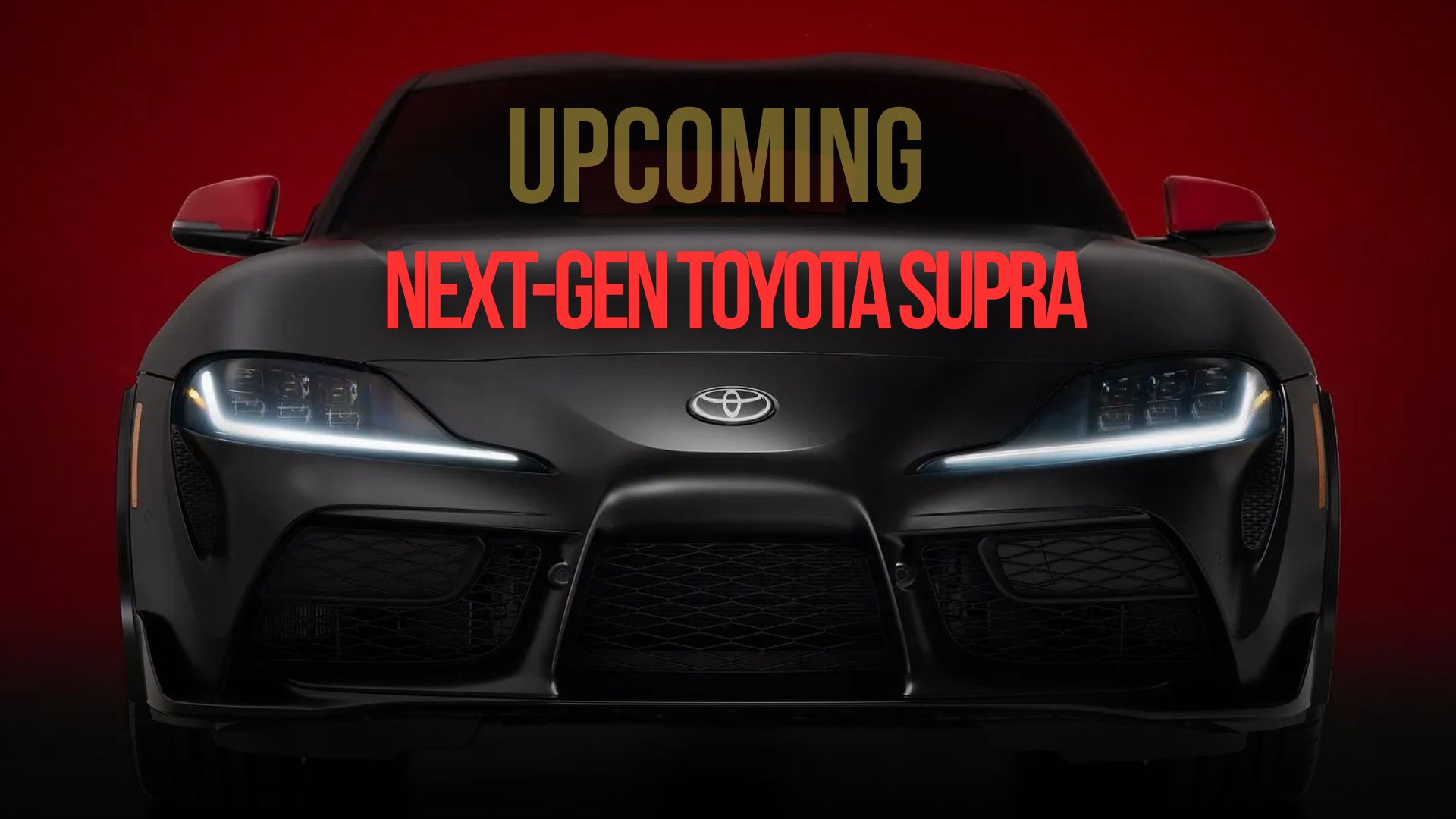Toyota is reportedly preparing to break away from its collaboration with BMW for the next-generation Supra. According to multiple sources, the sixth-generation Toyota Supra is expected to debut around 2027 and will be developed entirely in-house by Toyota. Unlike the current A90 model, which heavily relies on BMW’s engineering and drivetrain components, the upcoming model is expected to feature a bespoke platform, a hybrid powertrain, and advanced in-house technologies.

Summary Table
Key Highlights |
Details |
|---|---|
Expected Launch |
2027 |
Development Partner |
Fully developed in-house by Toyota |
Platform |
New Toyota-exclusive sports car platform |
Engine & Powertrain |
2.0-litre turbocharged hybrid (approx. 400 bhp and 500 Nm torque) |
Electric Capability |
Limited electric-only driving via motor generator and clutch |
Transmission Options |
10-speed or 8-speed automatic under consideration |
Fuel Options |
Traditional petrol and carbon-neutral fuels being evaluated |
Previous Model Sales |
Over 24,000 units globally since 2019 |
Current Model (A90) |
Co-developed with BMW, shares engine and platform with BMW Z4 |
Official Website |
A Bold New Direction for the Supra Legacy
Launched in 2019, the A90 Toyota Supra marked the return of an iconic nameplate after a 17-year hiatus. It was developed in partnership with BMW and shared most of its hardware, including the 3.0-litre inline-six engine, with the BMW Z4. While it received praise for performance and driving dynamics, purists criticized the heavy reliance on BMW’s engineering.
Toyota now appears to be charting a new path for the Supra brand. The 2027 model aims to deliver a more authentically Toyota experience by developing the car independently, using in-house resources and technology.
Performance and Hybrid Powertrain
One of the most significant upgrades to the next-gen Supra will be its new powertrain. Reports suggest the vehicle will feature a 2.0-litre turbocharged four-cylinder engine paired with an advanced hybrid system. This setup is expected to deliver up to 400 brake horsepower (bhp) and 500 Newton-meters (Nm) of torque.
Toyota’s hybrid technology will likely include a motor generator and a clutch mechanism, allowing for brief periods of electric-only driving ideal for urban environments or low-speed commutes. While specific performance metrics remain under wraps, this hybrid system promises both efficiency and performance.
Transmission and Drivetrain
Toyota is reportedly considering multiple transmission options for the new Supra. These include either an 8-speed or 10-speed automatic gearbox. Though a manual transmission has not been ruled out completely, current reports do not confirm its development.
Rear-wheel drive is expected to remain standard, keeping with the Supra’s traditional sporty layout. However, hybrid integration may bring some variations to the drivetrain configuration, depending on how the electric motor is positioned.
Sustainability and Carbon-Neutral Fuel
In line with Toyota’s larger environmental goals, the company is exploring the use of carbon-neutral fuels for the next-generation Supra. This aligns with Toyota’s global initiative to reduce emissions without sacrificing driving excitement. While traditional petrol engines are still expected to be available, the integration of alternative fuels could provide a greener solution for enthusiasts.
In-House Engineering: Platform, Suspension, and Design
The 2027 Supra will reportedly sit on an entirely new platform developed internally by Toyota. This bespoke sports car architecture will allow for complete design freedom, enabling Toyota’s engineers to fine-tune the chassis, suspension, and aerodynamics specifically for this model.
Expect a more distinctive and uniquely Toyota exterior design, moving away from the BMW-influenced aesthetics of the A90. Toyota’s latest driver-assistance systems, infotainment tech, and lightweight materials will likely feature prominently in the new model.
Market Position and Competitors
With the Supra going fully in-house, Toyota may reposition the car in the global sports car market to compete more directly with rivals such as the Nissan Z, Porsche 718 Cayman, and possibly entry-level models from Lexus. A hybrid powertrain will give the Supra an edge in fuel efficiency while still maintaining strong performance credentials.
FAQs
Q. Will the next-gen Supra still use a BMW engine?
A. No, the upcoming 2027 Toyota Supra will be developed independently by Toyota, without any BMW-sourced components.
Q. What kind of engine will the new Supra have?
A. It is expected to feature a 2.0-litre turbocharged hybrid powertrain with an output close to 400 bhp and 500 Nm of torque.
Q. Is Toyota going to offer a manual transmission?
A. As of now, Toyota has not confirmed a manual transmission option. Automatic gearboxes (8-speed or 10-speed) are under consideration.
Q. Will the new Supra be more eco-friendly?
A. Yes, Toyota is exploring the use of carbon-neutral fuels and hybrid technology to reduce emissions while maintaining performance.
Q. When will the new Supra be released?
A. The next-generation Toyota Supra is expected to launch around 2027.
Click HERE For More!!